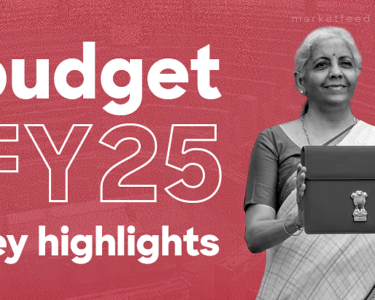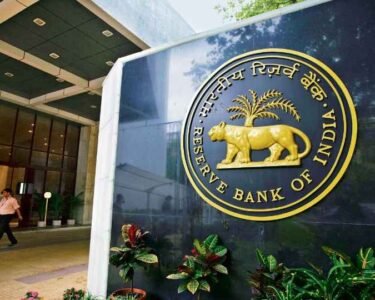As urban populations continue to swell and individuals’ incomes rise, the desire to invest in second homes has surged. This decision presents an excellent opportunity for financial growth and additional income streams, particularly through rental properties.Before buying a second home, consider key factors: location, budget, maintenance costs, rental potential, and legal regulations.
“Crucial Factors to Consider Before Buying Your Next Home”
Owning a home stands as a cornerstone of the quintessential life dream for many. It symbolizes personal growth and is often a prerequisite for young individuals, especially those considering marriage post-employment. In light of this, many young professionals in various industries prioritize homeownership as their primary objective. Consequently, the recent uptick in individuals acquiring second homes reflects a trend of financial stability and ambition within the populace.
When contemplating the acquisition of a second home, the foremost consideration should be the underlying purpose. Understanding the motivation behind the purchase is paramount to determining the location, type, and scale of the property investment. Following the upheavals wrought by the COVID-19 pandemic, there has been a noticeable surge in demand for holiday homes and secondary residences nationwide.
Evaluate property’s price, rental income, location, and development potential for meticulous decision-making. Additionally, one must factor in ancillary expenses like property taxes, insurance premiums, and ongoing maintenance costs.
For those contemplating financing their second home through a bank loan, a thorough assessment of their financial standing is imperative. Ensuring a comfortable monthly installment payment is crucial, especially considering the potential delay in generating rental income initially. Existing loans should ideally be settled before embarking on this new investment endeavor.
Opting for a higher down payment can significantly alleviate the burden of the loan amount and subsequent interest charges. A down payment of at least 20 percent, or more if feasible, is advisable to mitigate long-term financial strain.
Moreover, it is imperative to account for additional expenses such as property taxes, insurance coverage, and anticipated maintenance costs. A comprehensive budget should encompass these foreseeable expenditures to avoid any unwelcome financial surprises.
Another critical aspect to scrutinize is the legal status of the property. Conducting due diligence to verify its legality, absence of encumbrances, and potential litigation risks is essential to safeguard one’s investment and avoid protracted legal entanglements.
Lastly, one should explore the potential tax advantages associated with owning a second property, as these incentives can significantly enhance the property’s overall financial viability.
In essence, while the allure of investing in a second home is undeniable, thorough research, financial prudence, and meticulous planning are indispensable prerequisites to ensure a successful and rewarding venture.








